|
Members of Ethiopia’s Sidama ethnic group are calling for secession and the right to form their own state in the country’s southern region. This presents Prime Minister Abiy Ahmed with a hugely complex legal and political problem, partly because the Constitutional clauses that deal with secession are open to wide interpretation. Yonattan Fessha explains why it’s important to have a negotiated settlement, particularly given the fragile state the country is in.
|
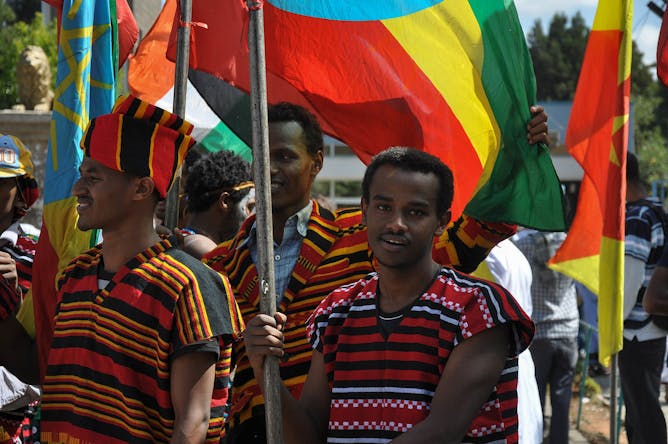
Young men in the traditional attire of southern Ethiopia’s Sidama people.
commons.wikimedia.org
Yonatan Fessha, University of the Western Cape
The already extremely fragile political condition cannot handle any further instability and chaos.
|
Health + Medicine
|

Patience Afulani, University of California, San Francisco
Research in Ghana, India and Kenya shows that more women experience subtle forms of undignified care than they do physical and verbal abuse during childbirth.
| |
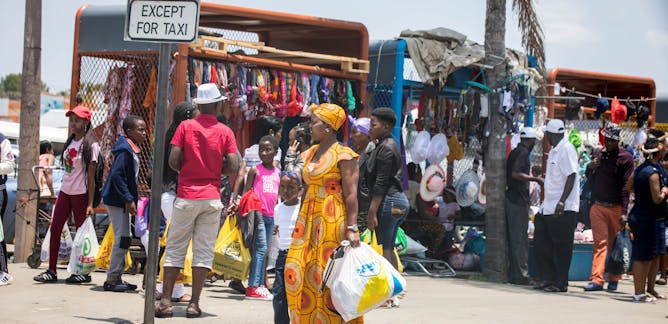
Sasha Frade, University of the Witwatersrand; Jo Vearey, University of the Witwatersrand; Stephen Tollman, University of the Witwatersrand
It's difficult to keep track of tthe medical records of patients on the move and some may be lost to follow-up, presenting further public health challenges and population-wide risks.
|
|
|
Environment + Energy
|
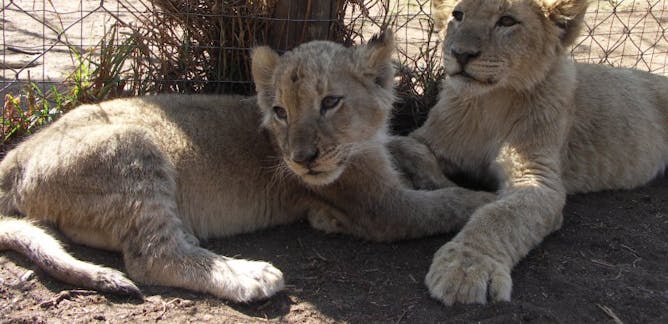
Ross Harvey, University of Cape Town
South Africa has the biggest captive big cat industry in the world and it is largely unregulated.
| |
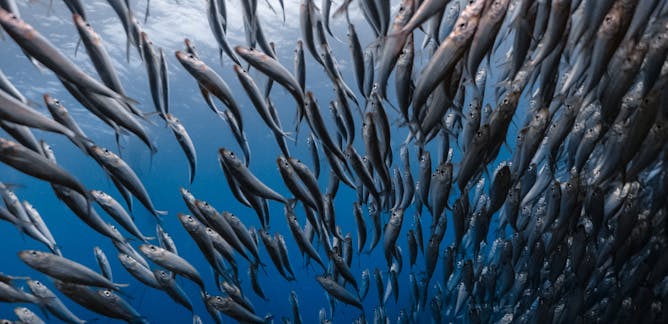
Jennifer Fitchett, University of the Witwatersrand; Stefan Grab, University of the Witwatersrand
South Africa's annual sardine run is occurring increasingly late, and there have been instances where it doesn't happen at all. Here's why.
|
|
|
From our international editions
|
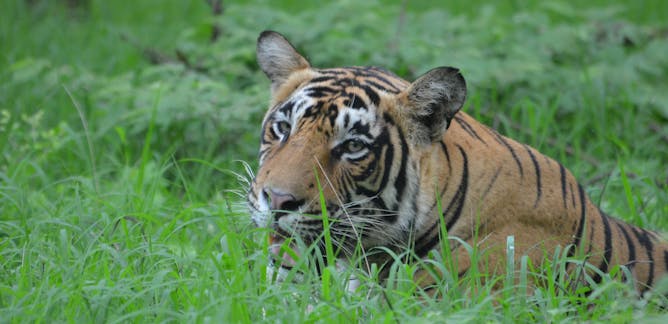
Matt Hayward, University of Newcastle; Joseph K. Bump, University of Minnesota
An exhaustive search involving 44,000 field staff, 318,000 habitat surveys and nearly 35 million photos has revealed India's tiger population is on the rise.
| |

Michael Joseph Richardson, Newcastle University
The Umbrella Revolution in Hong Kong is evolving ...
|
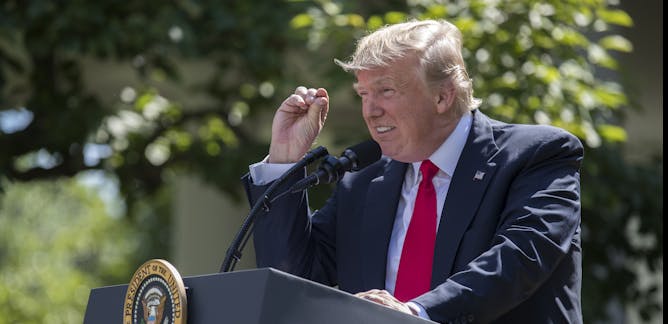
Ruth McKie, De Montfort University
Climate deniers recently gathered to talk shop at Donald Trump's hotel in Washington DC. There's more to their links with the president than a reservation, though.
| |
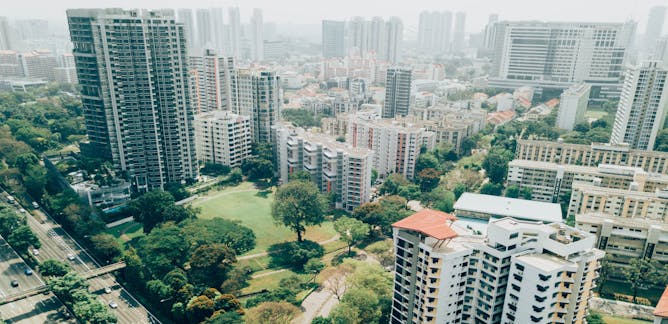
Daniel Johnson, ESCP Europe
As the population of the world’s cities grows, so too does resource and energy use as well as waste generation. We can combat these issues with a circular economy that uses nature as a template.
|
|
|